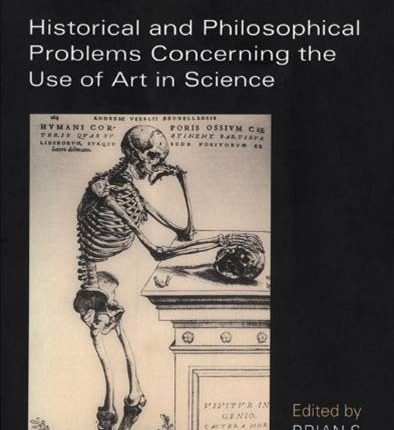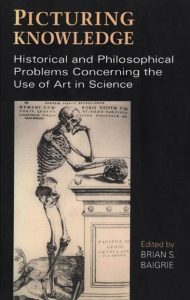
The CMRS-CEGS/LAMAR Methodology Seminars give UCLA graduate students a chance to meet and interact with prominent authorities in the field of Medieval and Renaissance Studies. These classes receive funding from us to bring in distinguished scholars to present lectures and have informal discussions with students and faculty.
For Fall 2022, Philosophy 206, “Picturing Knowledge in Historical Perspective” will be taught by Professors Brian P. Copenhaver (Philosophy) and Calvin Normore (Philosophy). The seminar will consider whether thought is best understood by analogy with language, with pictorial representation or with both, an issue at least as old as Plato’s Cratylus and as contemporary as 2020 revision of the article on Mental Representation in the Stanford Encyclopedia of Philosophy.
This interdisciplinary seminar will attempt to trace from late antiquity into the 17th century some of the ways in which pictures were used as tools to create and express knowledge claims and also some of the theoretical issues surrounding those uses. Beginning with an outline of the issues and a discussion of the structure and limits of pictorial representation, we will turn to the use of diagrams in late antiquity, to the role of icons in Byzantine thought and to discussions of picturing in Latin Medieval traditions. We will then turn to the dramatic changes in the nature and use of pictorial representation from the fifteenth to the mid-seventeenth centuries ending with a discussion of Descartes’ use of pictures and diagrams.
 The instructors of record will begin and end the series of classes but most of the classes will be given by experts in the particular subjects being discussed. Guest scholars include:
The instructors of record will begin and end the series of classes but most of the classes will be given by experts in the particular subjects being discussed. Guest scholars include:
- Brian Baigire (Institute for History & Philosophy of Science & Technology, University of Toronto)
- Paroma Chatterjee (Art History, University of Michigan)
- Christina Normore (Art History, Northwestern University)
- Ingrid Rowland (Architecture and History, University of Notre Dame)

